Panelists
Panel on Non-Teaching Careers |
|
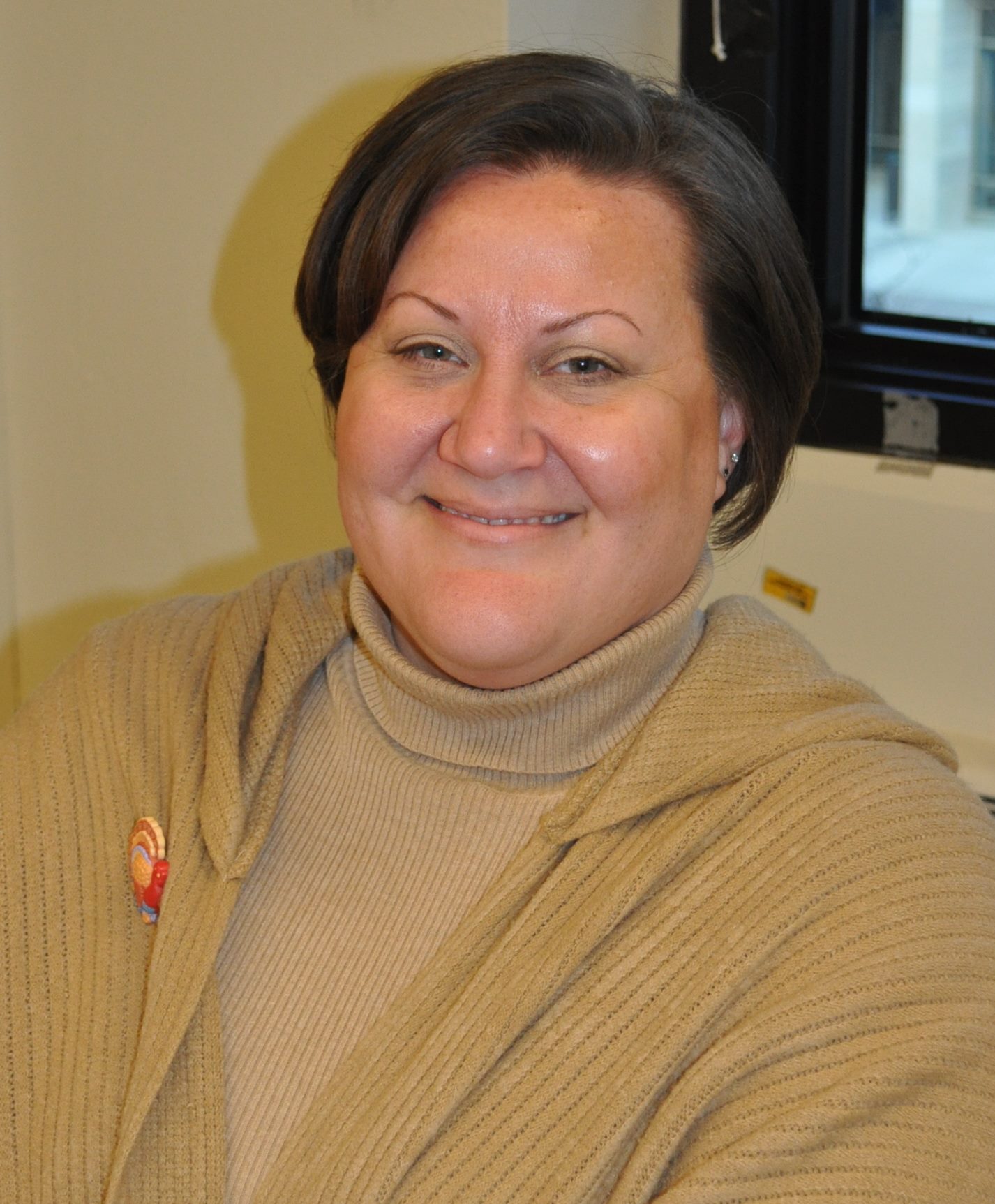 |
Moderator: Nicole Towner, Purdue University B.S. Electrical Engineering, California Polytechnic State University, San Luis Obispo. Nicole spent the beginning of her career as a hardware design engineer for various companies designing gadgets such as automated test equipment, consumer electronic devices and even infrared and thermal imaging goggles. She became a corporate recruiter to help students better understand how to transition from school to industry. As a corporate recruiter she traveled to many Universities and after a few years moved on to become a University recruiter for Purdue's College of Science. In tandem to her career Nicole has spent several years involved in Women in Engineering & Science activities, being on the board as well as serving as president for Qualcomm's Women in Science and Engineering program, speaking to high school girls regarding the importance of science and engineering fields, and serving as a mentor. She enjoys encouraging and recruiting the next generation of women to enter the STEM fields. |
|
Panelists: |
|
|
Allison Parlee, Northrup Grumman Allison Parlee attended Purdue University as an undergraduate, receiving a B.S in Physics and a B.S. in Aeronautical and Astronautical Engineering (AAE). She received her masters from Purdue University in AAE in 2004. Allison joined Northrop Grumman Aerospace Systems in Redondo Beach, California after college, working in the Systems Engineering (SE) Directorate. Previously, she has supported and led system level concept designs for laser systems integration on air and space platforms, and currently she is working a satellite program. Allison is also functional manager in her Systems Architecture, Performance and Algorithms department within Systems Engineering & Integration. Functional responsibilities include overseeing career development and staffing for 10-20 direct reports, recruiting, proposal support, and participating in independent review teams for other programs. |
|
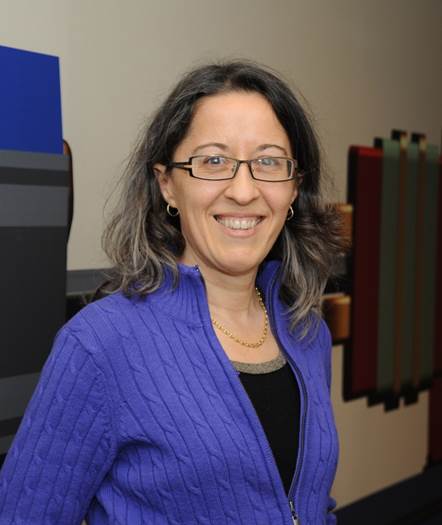 |
Katherine Harkay, Ph.D., Argonne National Laboratory Ph.D. in Accelerator Physics from Purdue University, 1993. She joined the Advanced Photon Source (APS) at Argonne National Laboratory that same year and served as group leader for Accelerator Physics from 2003-2008. Since 1999, she has played a lead role in analyzing the electron cloud distribution in high-energy particle accelerators. She has championed the use of electron detectors known as retarding field analyzers (RFAs), developed and pioneered by Richard Rosenberg. RFAs have now become a standard electron cloud diagnostic in high-energy storage rings. More recently she was the co-lead on successfully commissioning a new superconducting undulator at the APS, and advised a PhD thesis analyzing the beam-induced heating. Dr. Harkay has conducted accelerator physics research with five undergraduate students over the past 10 years at Argonne. She has served on the American Physical Society Division of the Physics of Beams Executive Board, the Physical Review Special Topics Editorial Board, and on various accelerator technical advisory committees. In 2009 she received an Outstanding Alumnae award from Purdue University. Dr. Harkay is a Fellow of the American Physical Society. |
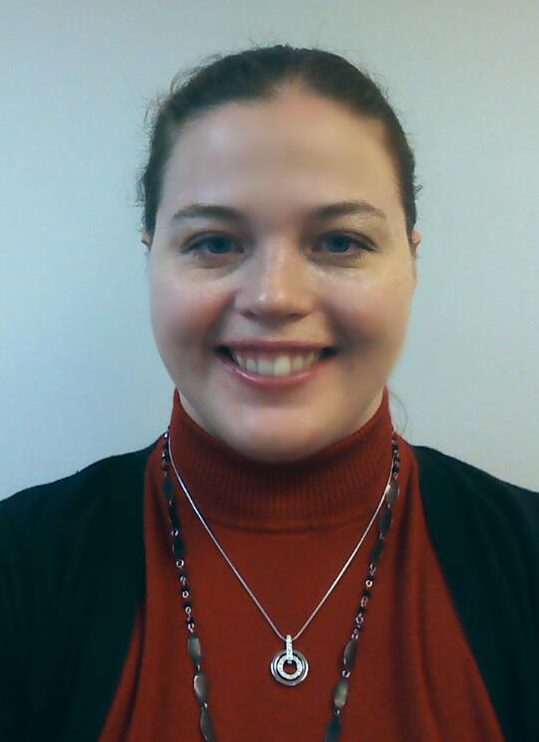 |
Karlene Karrfalt, NSWC Crane Ms. Karlene Karrfalt obtained a B.S. in Physics and Mathematics from Purdue University in 2007 before going on to obtain a M.S. in Electrical Engineering also from Purdue University. Currently Ms. Karrfalt works as an Electrical Engineer in the Electro-Optic Technology Division at the Naval Surface Warfare Center in Crane, IN. Ms. Karrfalt specializes in test and evaluation of electro-optic imaging and laser designator systems as well as applied research in optical signal propagation for defense applications. |
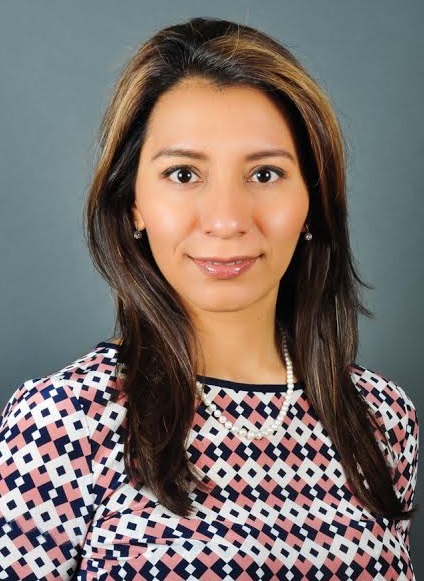 |
Norma Sosa, Ph.D., IBM Dr. Sosa leads the materials research for phase change memory-- a non-volatile technology -- at IBM's T.J. Watson Research Center in Yorktown Heights, NY. In her role, she is responsible for a wide spectrum of work involved in bringing this technology from lab to product: from materials research to development, and technology transfer under joint partnerships with external clients. She also has experience in a variety of fields including advanced scanning probe, advanced substrates for flexible electronics, atomic layer deposition, and intellectual property. She completed her undergraduate and masters degree at UCLA and received her PhD from the Materials Science and Engineering Department at Northwestern University. |
Panel on Teaching Careers |
|
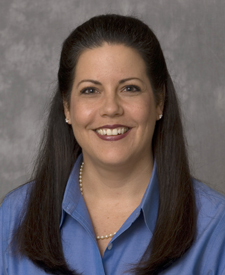 |
Moderator: Prof. Lynn Bryan, Purdue University Ph.D. Purdue University, 1997, Science Education; M.S. Indiana University, 1992, Secondary Education; B.S. Georgia Institute of Technology, 1986, Chemistry. Professor Bryan's research program and scholarship focus on teacher thinking in the process of learning to teach science. She uses case study and interpretive methods to conduct in-depth, longitudinal studies of teacher thinking (beliefs and knowledge) as it relates to classroom actions. Professor Bryan's scholarship draws on a coordinated cognitive and sociocultural perspective. Specifically, her research may be characterized by the contexts in which her work takes place: (a) instructionally innovative settings involving novel curriculum reform and technology-enhanced environments, and (b) culturally and linguistically diverse settings. |
|
Panelists: |
|
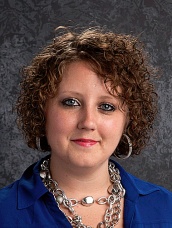 |
Rachelle Klinger, Herron High School I am from Plainfield, Indiana and attended Purdue from 2007 to 2011. My major was Physics with a specialization in Physics Teaching. I was involved in College of Science Ambassadors, Boiler Gold Rush as a Team Leader and Supervisor, Women in Physics, Society of Physics Students, and I worked in the Physics Help Center. I was also a part of the Noyce Scholarship program, which provides funding and support for STEM students who commit to teaching in high risk schools after graduation. I am now in my fourth year teaching at Herron High School in Indianapolis as a Physics teacher. It is a classical, liberal arts, public charter school with a demographic of roughly half high risk and roughly half middle class students. I teach four sections of Physics I (we have "Physics First," so this course is mostly 9th graders) and two sections of AP Physics. I am also co-sponsor of our chapter of National Honor Society. |
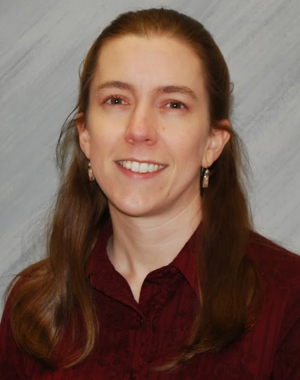 |
Prof. Jennifer Coy, Anderson University Jennifer Coy teaches at Anderson University in the Computer Science Department and Physical Sciences and Engineering Department. She joined the AU faculty in August of 2014, bringing 10 years of experience teaching at a small college. Prior to joining AU, Jennifer taught Physics and Computer Science at Saint Joseph's College in Rensselaer, IN. |
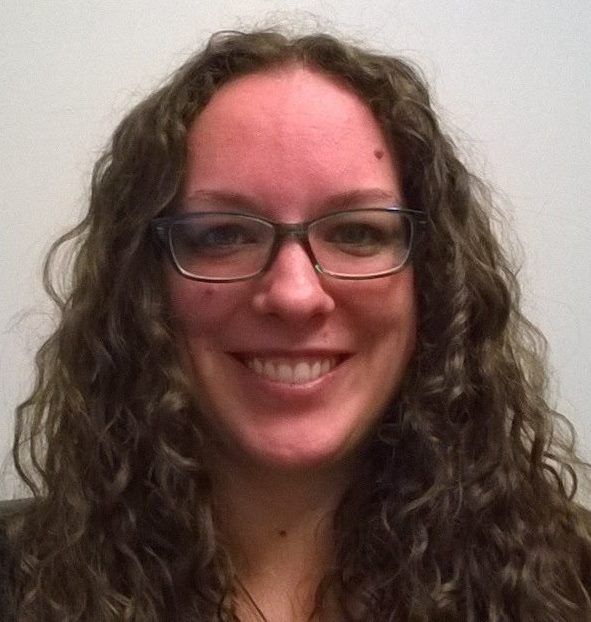 |
Wendi Wampler, Central Oregon Community College Dr. Wendi Wampler is an Assistant Professor of Physics and Engineering at Central Oregon Community College. She graduated from Purdue with a degree in chemical engineering in 2004. Dr. Wampler returned to Purdue to get her bachelors and then doctorate in physics, with a research focus in physics education in 2013. Since then, she has been teaching algebra and calculus based physics courses at the community college level, where she enjoys the instructional freedom, small class sizes, and working with non-traditional students. |
Graduate School Panel |
|
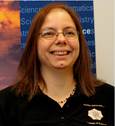 |
Moderator: Janice Thomaz, Purdue University |
|
Panelists: |
|
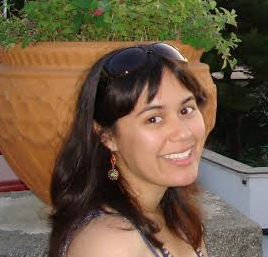 |
Cassie Reuter, Purdue University Cassie Reuter is a fourth year Ph.D. student at Purdue University, advised by Rafael Lang. Currently, she works in direct detection dark matter experiments, focusing on characterizing the systematic sources of error associated with them. Cassie received her Bachelor's in Physics and Astrophysics from the University of California, Berkeley. She has also been involved in diversity groups, and currently serves on the leadership committee of Purdue's Graduate Women in Science Program. In her spare time, she enjoys running, traveling, and yoga. |
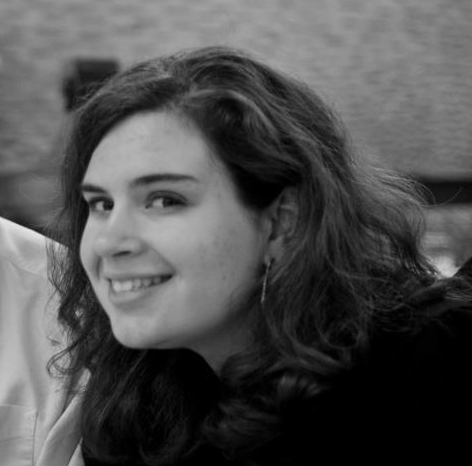 |
Kate Schreiber, Purdue University Kate is a second year graduate student at Purdue University. She received her undergraduate degree in physics and in math from the University of Chicago. She currently works in experimental condensed matter, studying the ground states of two-dimensional electron systems in semiconductor materials, especially probing the fractional quantum Hall effect. |
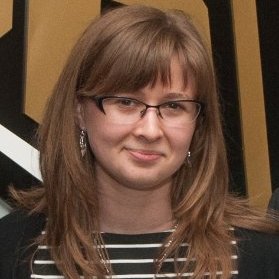 |
Alison Roth, University of Wisconsin-Madison Alison Roth is a first year graduate student at the University of Wisconsin-Madison where she is pursuing her Ph.D. in Medical Physics. She is currently in research rotations at UW. She studied Radiological Health Science (Pre-Medical Physics) and Applied Physics with a minor in Math at Purdue University. At Purdue she was involved with the Health Physics Society (Health and Medical Physics Club) and Women in Physics. She worked with a Medical Physics faculty member at Purdue for two and a half years doing Photoacoustic Imaging research. Now, she works with the medical physics professional society the American Association of Physicists in Medicine as a member of the Student and Trainees Subcommittee, the Working Group to Promote Non-clinical Careers for Medical Physicists, and the Student and Trainees annual meeting planning committee. |
 |
Prof. Sherwin Love, Purdue University Ph.D., Physics 1978 Stanford University; M.S., Physics 1973 Drexel University; B.S., Physics 1973 Drexel University. Prof. Love is interested in quantum field theory and its application to elementary particle physics with focus on aspects of dynamical symmetry breaking, supersymmetric field theories, and the renormalization group. |
Undergraduate Research Panel |
|
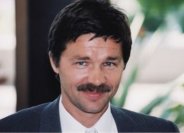 |
Moderator: Prof. Sergei Savikhin, Purdue University Ph.D., 1990, Tartu State University; M.S., summa cum laude, Tartu State University. Prof. Savikhin research interests include femtosecond optical studies of artificial and natural biological systems, membrane proteins: structure and function, structure-based computer modeling, exciton kinetics in semiconductors, molecular crystals and biological structures, biomimetic devices, and ultrafast experimental techniques. |
|
Panelists: |
|
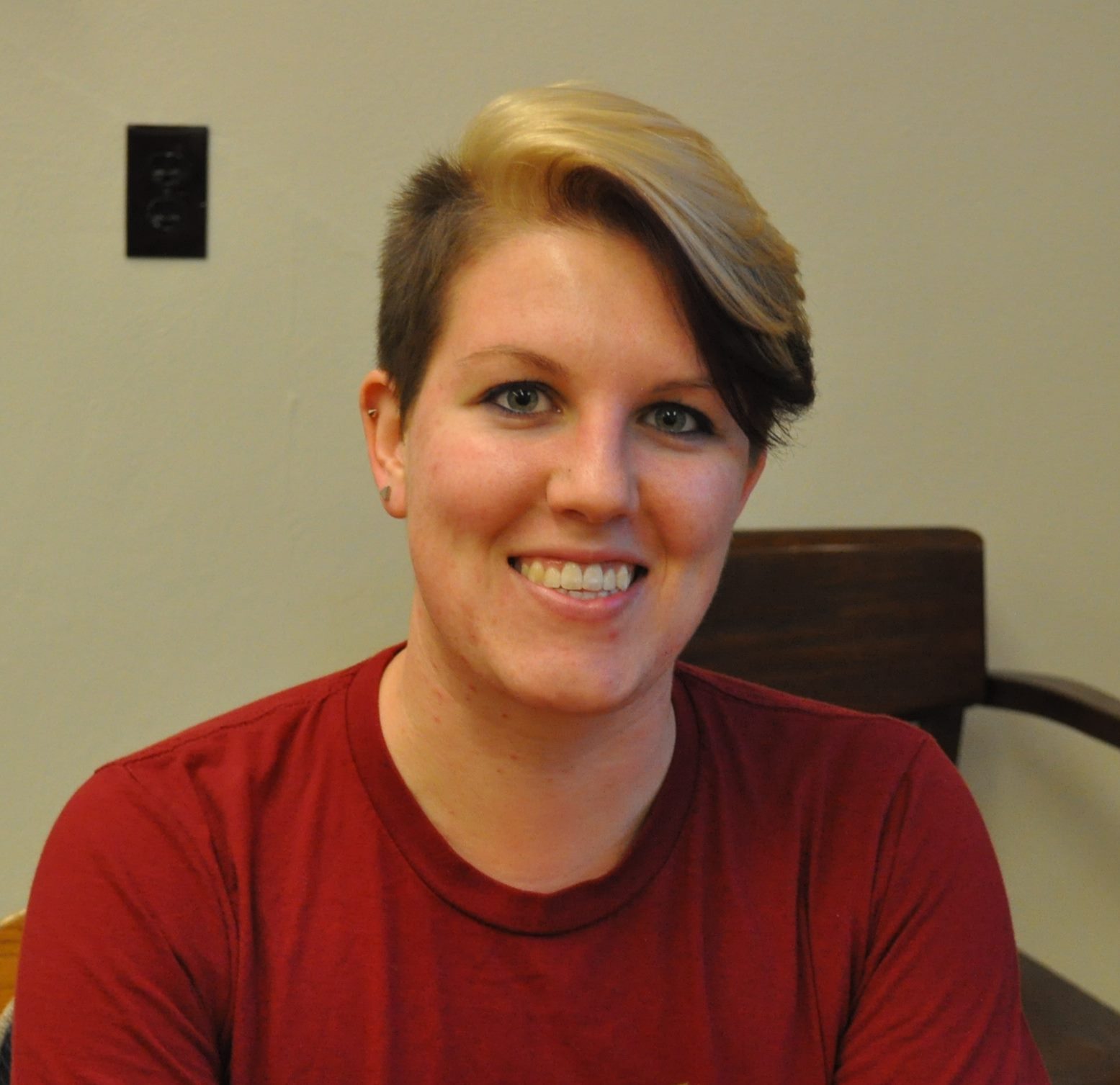 |
Jenna Burnett, Purdue University Undergraduate student organizer |
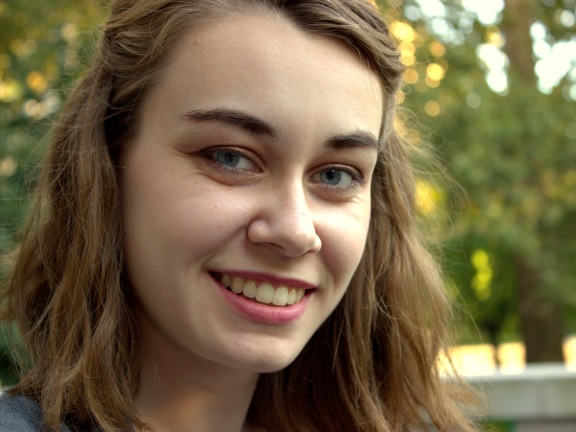 |
Jennifer Larson, Purdue University |
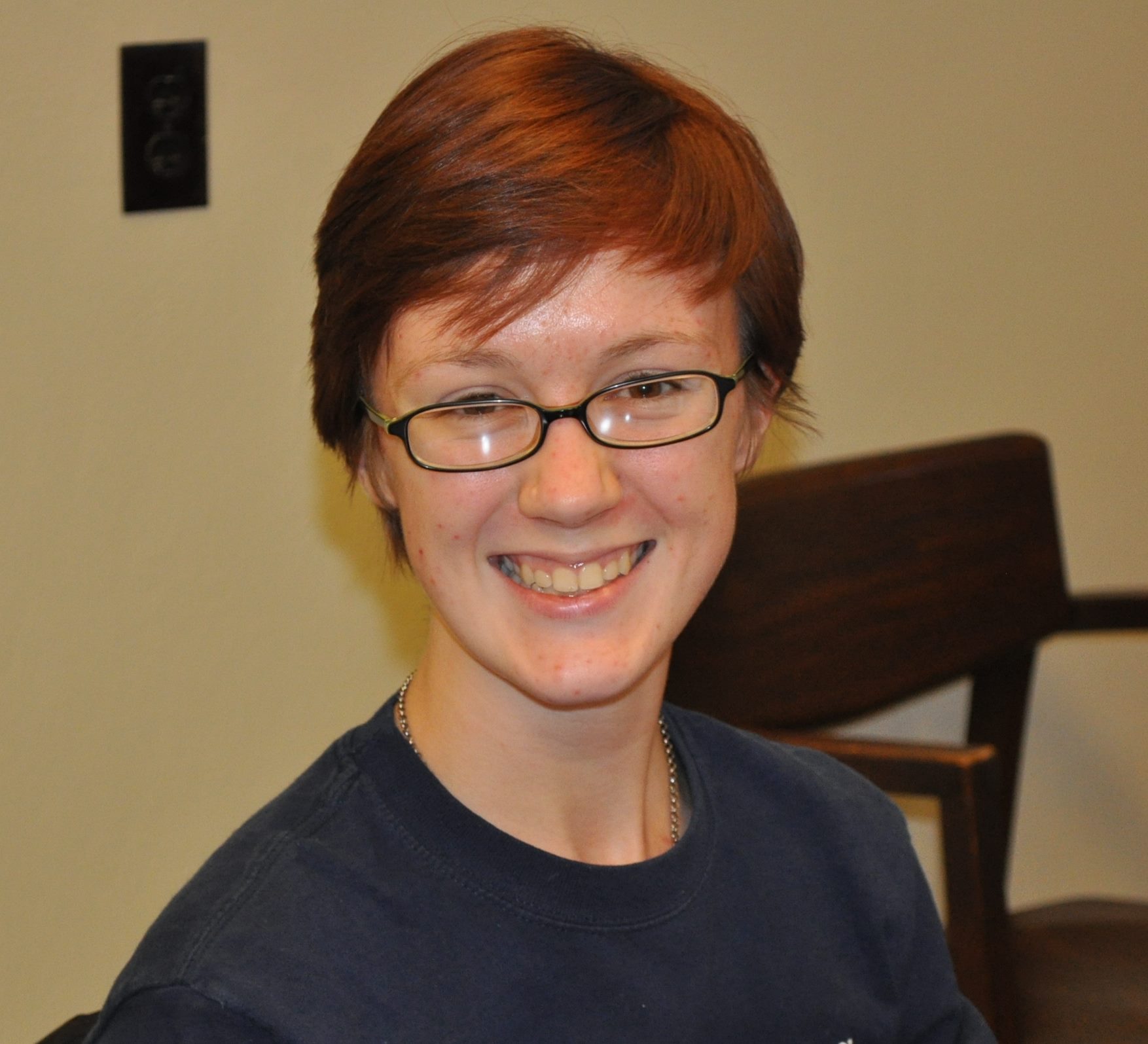 |
Rachel Maxwell, Purdue University Undergraduate student organizer |
|
Anna Harris, Purdue University I am a 4th year physics major with minors in astronomy and psychology at Purdue University and a First Class Petty Officer in the US Navy. I participated in research at Washington State University in 2009 in their Agricultural research department. In 2013 I had an internship with the United States Navy and participated in the research of electrical systems. My research interests are mainly focused on Nuclear physics and circuitry. |
|
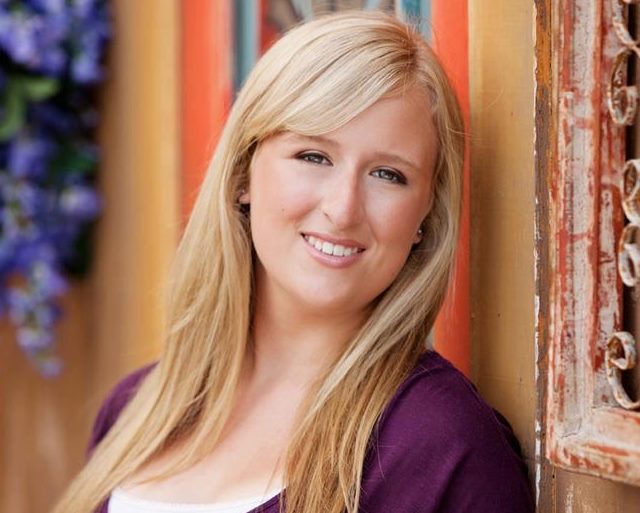 |
Alison Hoe, Purdue University Undergraduate student organizer |
